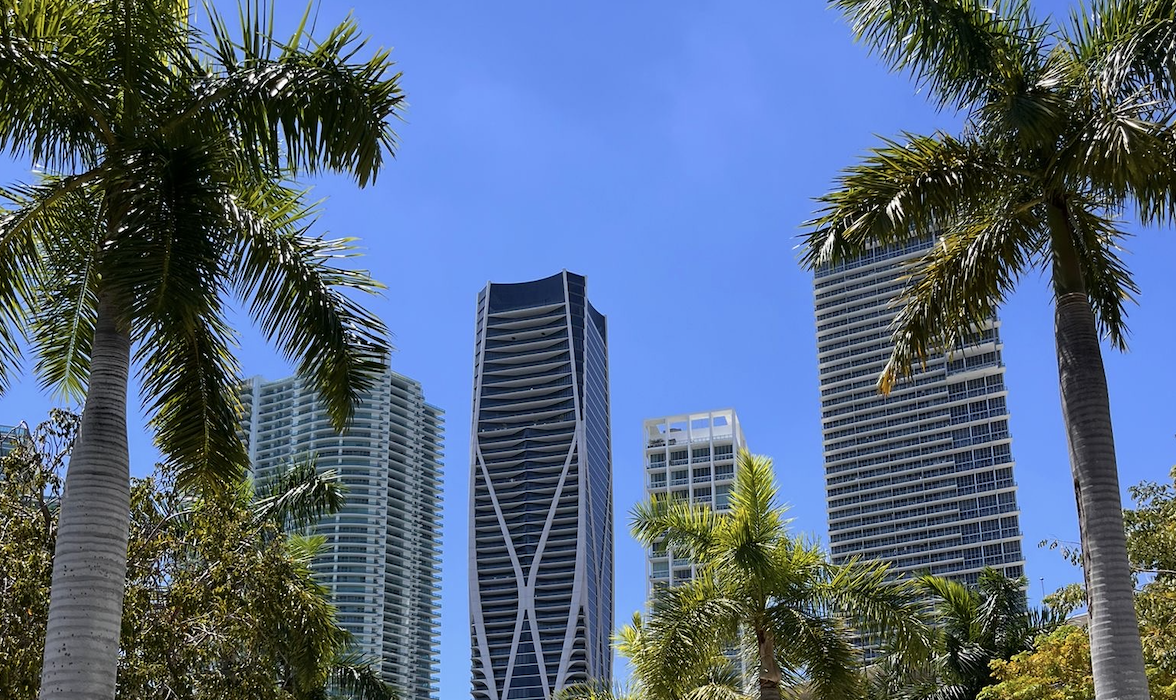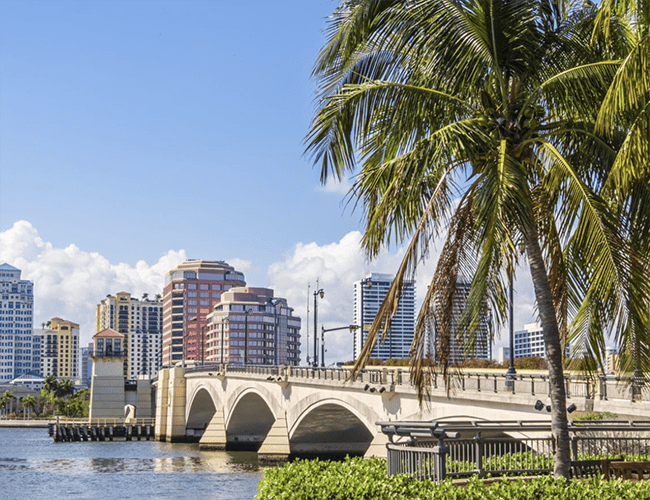Inter Miami CF has achieved a remarkable feat by bringing in soccer legend Lionel Messi to play for their team. Now, the challenging objective is to construct a stadium within the timeframe before their superstar’s contract expires by the end of 2025. Currently, the home matches are being held in Fort Lauderdale, Florida, 34 miles away from the heart of Miami, at a newly inaugurated stadium with a seating capacity of 21,000.
The excitement to witness Messi in action has been so overwhelming that the facility had to accommodate an additional 3,000 seats to meet the demand. Messi’s arrival has caused ticket prices to skyrocket and has played a pivotal role in transforming the last-place team into champions of the Leagues Cup. The city of Miami is eager to maximize on the growing enthusiasm of its residents for soccer. An ambitious plan is set to unveil a 25,000-seater soccer stadium as early as the summer of 2025.
This project, amounting to $350 million, is an integral part of the massive $1 billion Miami Freedom Park endeavor, which also encompasses over a million square feet of space dedicated to commercial activities, entertainment venues, offices, and even three hotels. Despite the support from authorities and urban development alterations, environmental approvals and the resolution of logistical issues are still prerequisites before stadium construction can commence, as affirmed by Miami-Dade County officials. The workforce and equipment are poised for action at the construction site, yet a path remains to be traversed. The star-studded Miami Freedom Park development team is relying heavily on surmounting these obstacles.
The entirety of this project is a collaborative effort among the owners of Inter Miami, including the former British soccer legend David Beckham, billionaire Jorge Mas, and his brother José Mas. Failing to navigate the final stages of authorization promptly could entail significant costs. Unless Messi extends his contract, there exists the possibility that the illustrious Argentine champion departs prior to the completion of Miami’s soccer stadium, forcing the team to fill the stands without his presence. Some experts in urban planning regard this prospect as plausible.
According to Howard E. Nelson, an attorney specializing in environmental law and territorial development at Bilzin Sumberg, a timeline of at least three years seems more realistic. Such a timeline would extend the completion date beyond August 2026, surpassing Messi’s contractual deadline. “It’s by no means a straightforward path,” commented Nelson in an interview with the Wall Street Journal. “There’s a multitude of checks to ensure everything is carried out correctly.” In an email, Jorge Mas expressed that the process of obtaining authorizations is proceeding according to plan. “We are excited to offer a destination for food and entertainment that families can enjoy year-round,” he stated in another declaration. A challenge to address is the stadium’s location, situated on a former city-owned golf course contaminated with pesticides and arsenic. Pesticide accumulation is a common occurrence on golf courses, while arsenic is a byproduct of municipal solid waste incineration, used as fill decades ago. Potential exposure to these chemical substances must be eliminated to adhere to required environmental standards.
Developers met with the Environmental Resources Management Division of Miami-Dade County in July and are anticipated to present a revised report for review and approval by the county in September. The stadium’s proximity to the Miami International Airport presents further complications. An initial report from Miami-Dade County raised concerns that the stadium’s height might violate airport zoning codes. The report also highlighted worries about stadium lighting potentially interfering with landings. In response to these height-related concerns, developers made the decision to scale down the stadium’s seating capacity from 40,000 to 25,000. Although the plans have gained approval from the Federal Aviation Administration, this authorization will expire next March if developers fail to commence stadium construction by then. In such a scenario, developers would need to submit a fresh application. According to an FAA representative, the standard processing time for such an application is at least 60 days.

